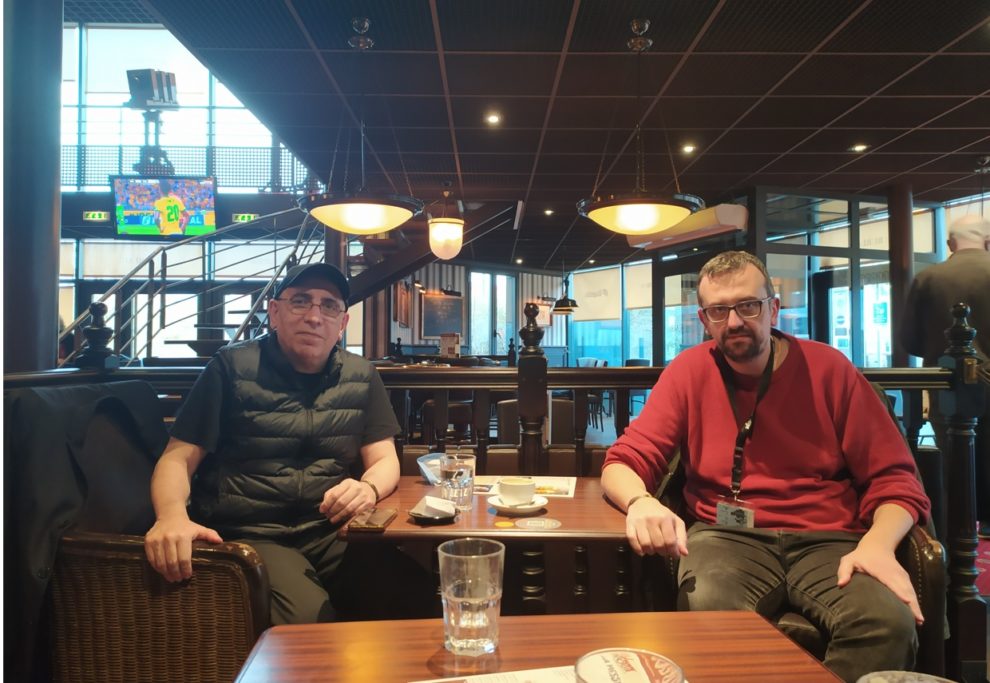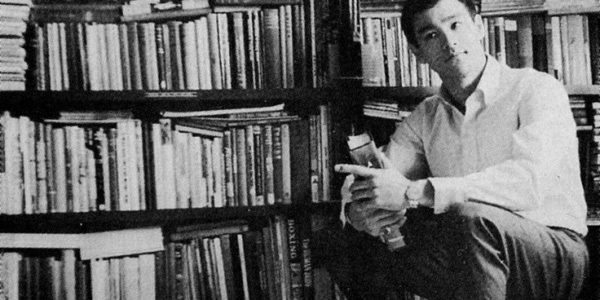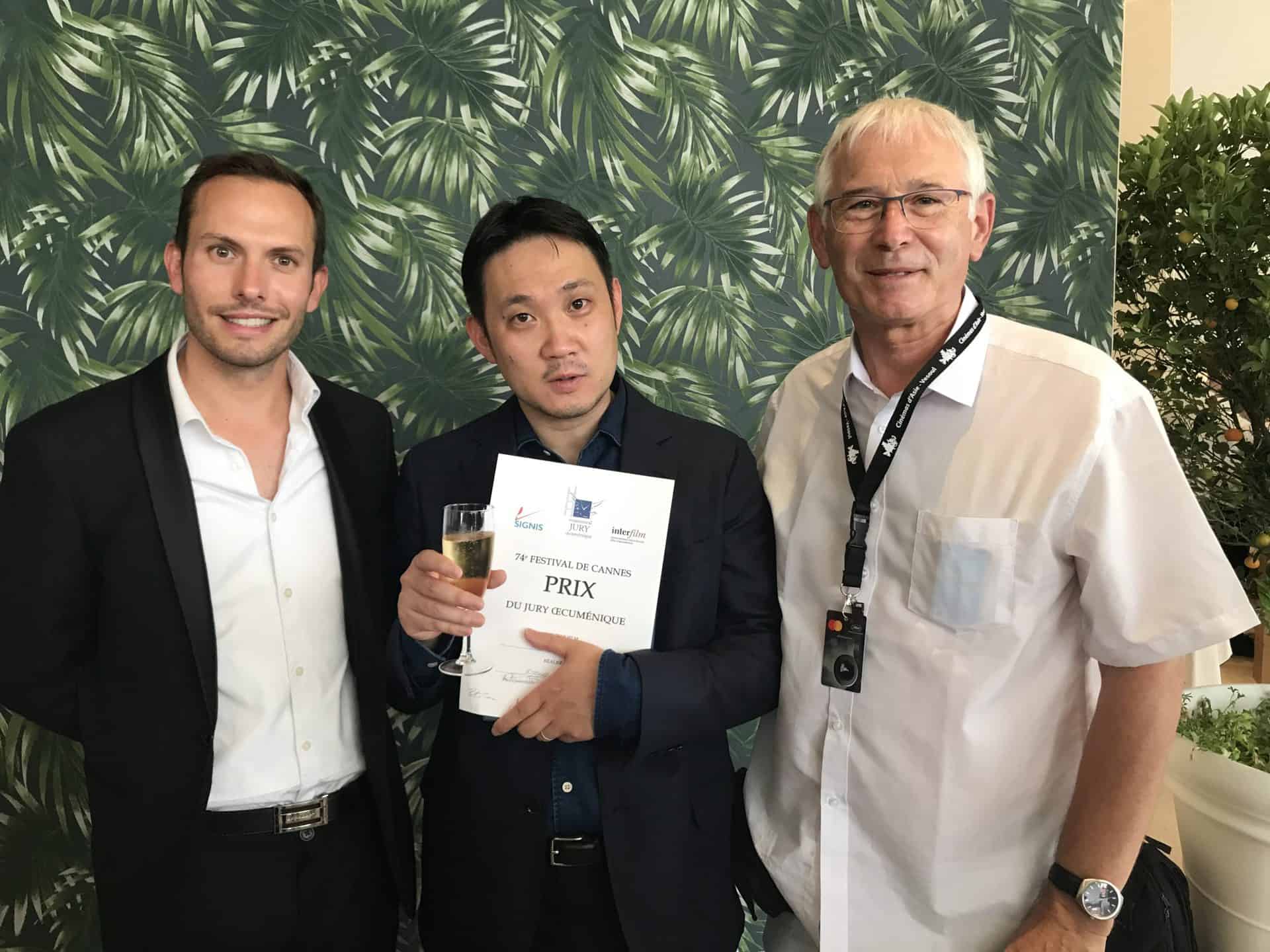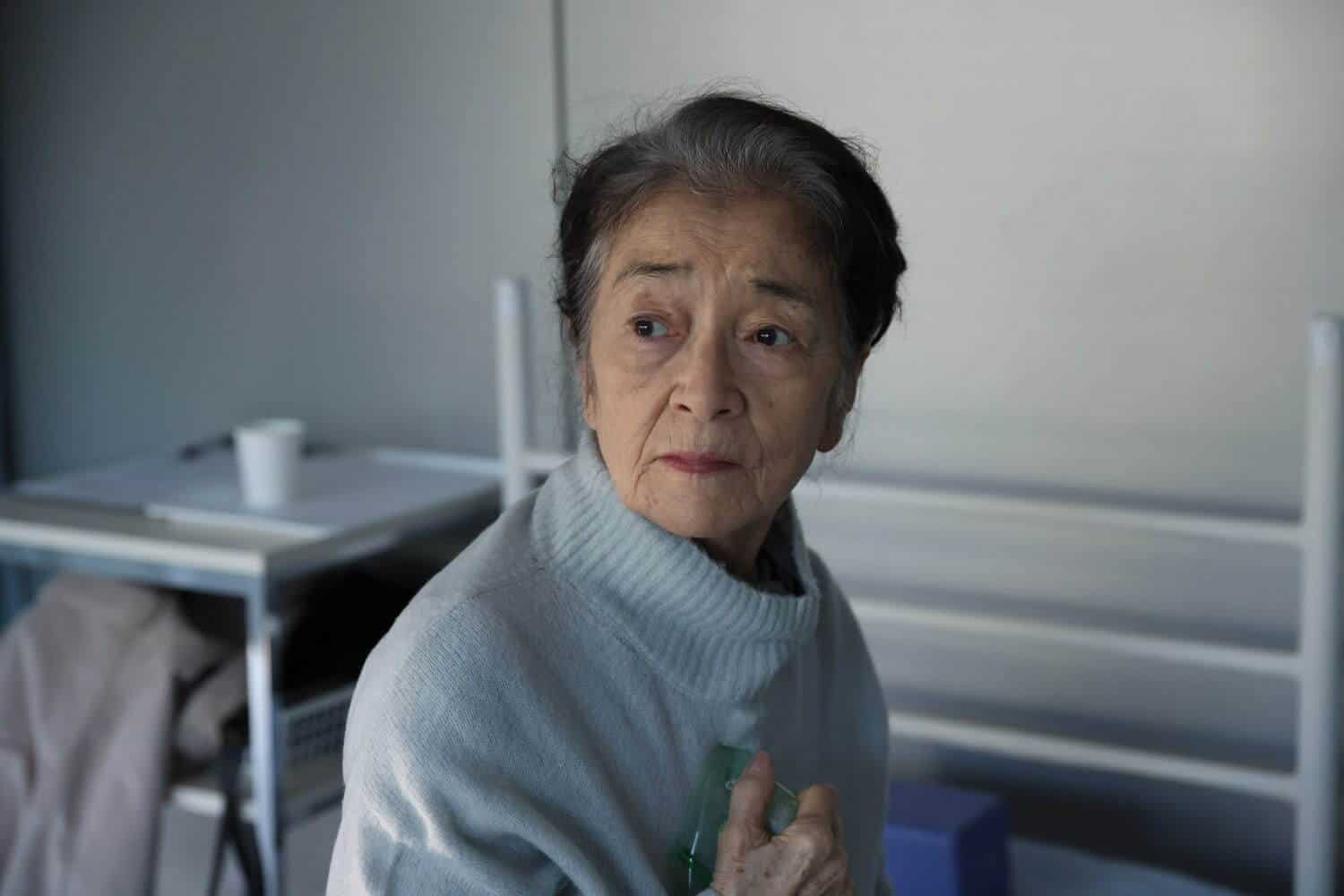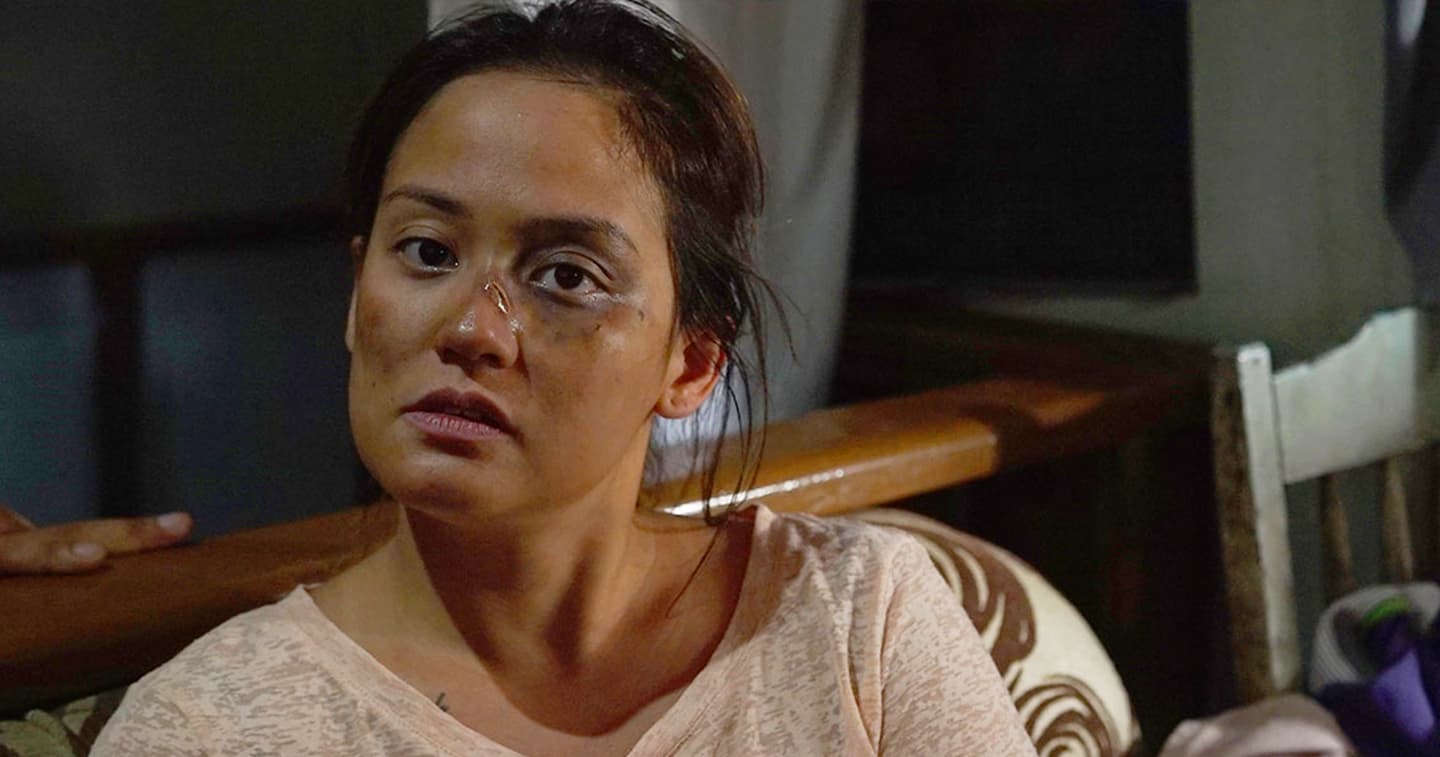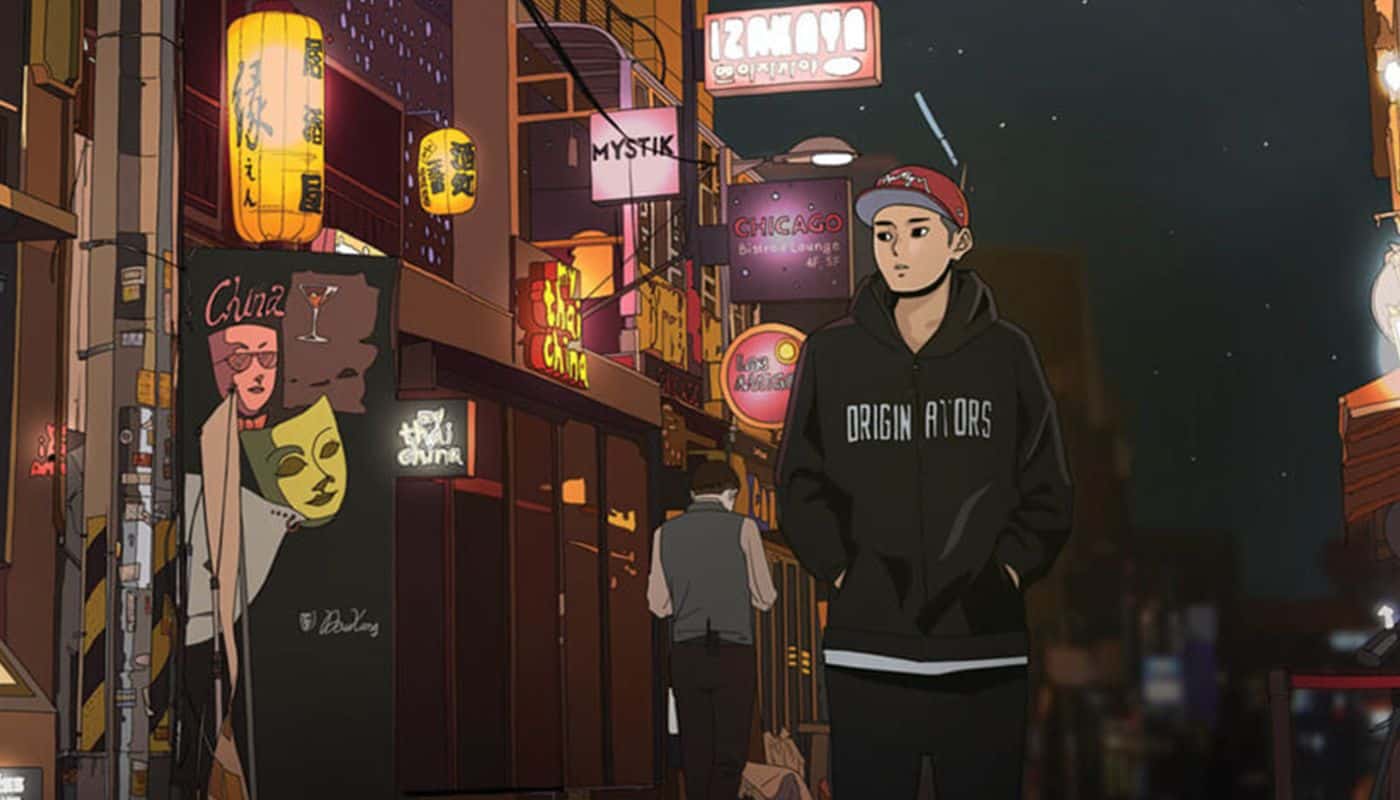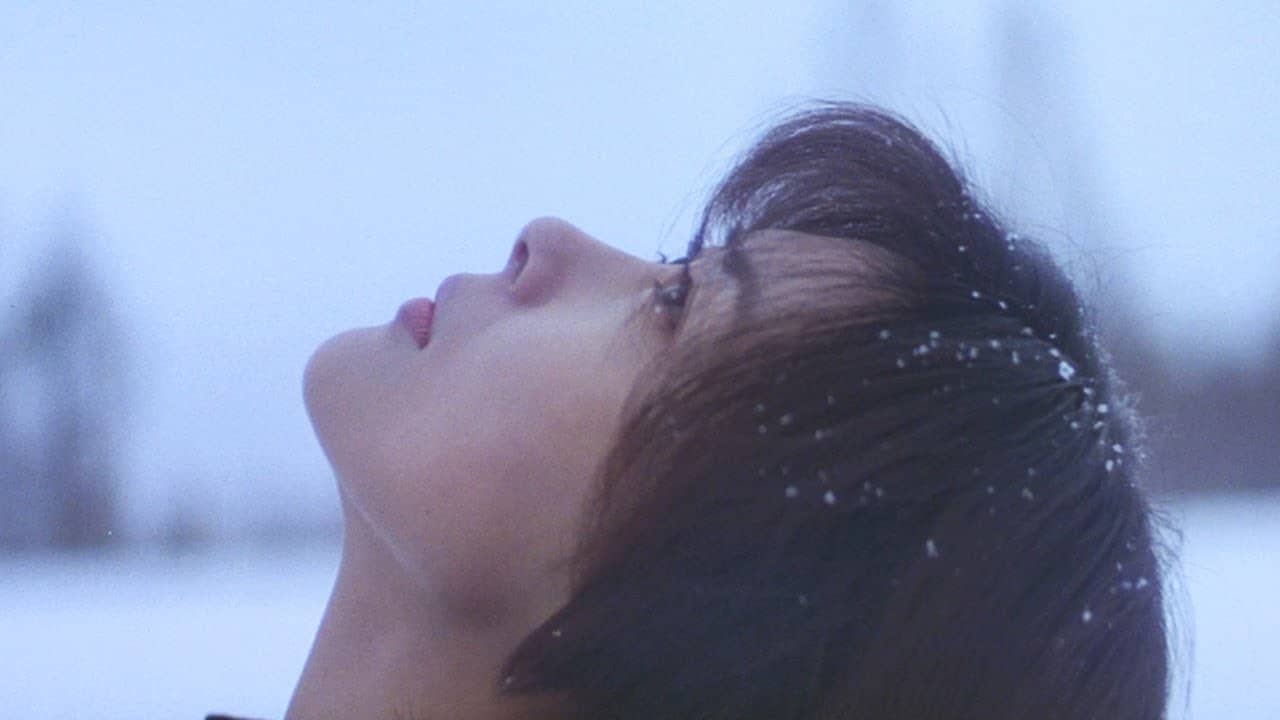Mohsen Makhmalbaf is an internationally known Iranian filmmaker, famous for features such as “A Moment of Innocence”, “Gabbeh”, “The Silence” and “The Gardener”. He belongs to the Iranian New Wave Movement, which also included his colleague Abbas Kiarostami, Amir Naderi and Majid Majidi. Over the course of his career he has made over 30 movies, which have won more than 50 awards in international film festivals around the world, but have often been banned in his home country. In 2005, Makhmalbaf had to leave the country after the election of Mahmoud Ahmadinejad due to his involvement with the Green Movement. He also released more than 30 books, translated in various languages.
On the occasion of his presence at FICA Vesoul, we speak with him about the current situation in Iran and Afghanistan, him not being able to return, the Internet, the impact of cinema, religion and education, the importance of music in films, mixing fiction with fact and many other topics.
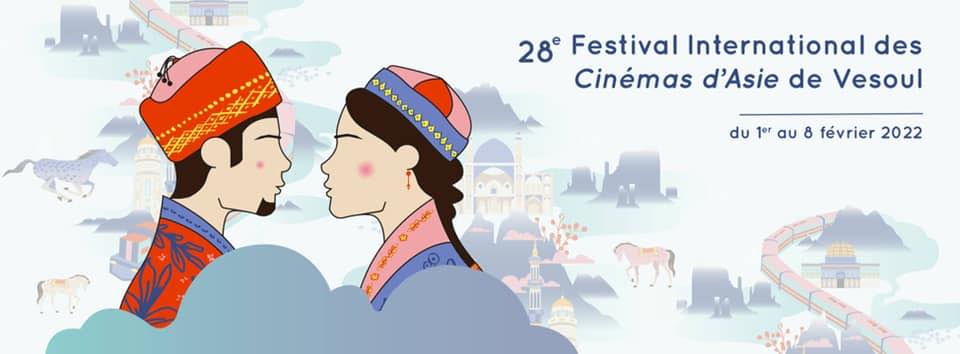
Is it correct that you are living in the UK at the moment?
15 years ago I was forced to leave my home country Iran because its government had rejected several of my scripts and put a ban on my films. I went to Afghanistan and worked with NGOs, but then, after a terrorist attack I immigrated to Tajikistan, where I founded two film festivals and directed “Sex & Philosophy” and “The Man Who Came With the Snow”. However, when the Iranian government wanted to have me arrested through their contacts in Tajikistan, I finally moved to France.
At that moment in time I was very active in the Green Movement in my home country. I supported it and their plans for government reform. One day I was informed by the French police that they suspected a terrorist, hired by the Iranian government, was planning an attack on me. They wanted to send me some bodyguards for my protection, but I also wanted to enjoy my freedom and not have it restricted, which caused another conflict with the French authorities. At last, I immigrated to the UK where I live and work now.
So, you can never go back to your home country?
Absolutely not. The same goes for my family. We cannot go back to Iran or any of its neighboring countries, such as Turkey. It is known they kidnap people opposing the Iranian system and bring them there.
How do you feel about that?
I feel terrible, but there is no other choice. It is not just me, you see, who is in danger of being killed once they decide to go back to Iran. There have been numerous examples of artists from Afghanistan or Iran being arrested and sentenced to severe prison sentences, even death at times. These systems have no shame when it comes to these kidnappings. Their way to force people back is by kidnapping their loved ones which sends a clear message that they should return or their family members will pay for whatever they have done wrong. It is a system based on power, fear, prison and torture.

What about the population of Iran? Do they support the doings of their government?
No, they don’t. One of the most important duties of a government is creating security for its people, but the police in Iran do just the opposite, it creates fear. Secondly, it needs to maintain some kind of welfare system, which is not the case in Iran as it has lost most of its middle class in the last few years and whose poverty rate has risen.
At the same time though, the Iranian movie industry is huge. How does that work?
That is largely due to the rise of digital media and the development of new technologies. Because people can now shoot a movie using their cellphones, this means less or no control from the state. On the other hand, these films you are talking about show audiences how to deal with this unbearable political situation in Iran, which is a reflection of what the arts in my country are trying to do. This, of course, is quite dangerous as many artists are in jail; for example, comedians or directors of comedies who have used humor to attack the government and its policies. At the same time, many journalists who have tried their best reporting about the situation in Iran, are also in jail.
In the end, these cases are examples for the idea of creating fear in the people not to violate any of the laws passed by the government. We are talking about young women being imprisoned and sentenced to 18 months for not wearing a veil in public.
Do you think this situation will change any time soon?
I had some hope ten years ago when Iran still had a middle class, but now not so much. For a revolution to happen, the dictator must lose his power or his control and secondly there needs to be international support for the movement, which is not happening, since Russia and China are powerful allies to the Iranian government. The third and perhaps most important aspect is unity for opposition, which is something Iran lacks at the moment. For example, we have big support for the last regime, the Shah, the dictator who put me into prison and tortured me. I can still show you the signs of torture, 45 years after it happened. They shot me and I had to stay two weeks in the hospital, they tortured me and there was no skin left in my left leg, the bone was completely exposed. They had to take skin from other parts of my body to repair it. The wounds from all the surgeries are still in my body. But because many people do not like the current regime, they support that one. There is also support for the mujaheddin, who are more terrorists than an actual Iranian regime, they killed 12.000 people in the beginning of their revolution because they wanted to take power by force, by weapons. All these elements are absent, so how can I have hope for the future, if we do not have a middle class, international support and unity of opposition?
But I have hope on the other side. In this laboratory of dictatorship, the Iranian people tasted ideological regime and they now know what is an ideology regime. Because, before the revolution, our generation were thinking that if we have Islamic revolution, Iran would become a paradise. We did not see paradise, instead we touched complete hell. Minimum three generations after the revolution tasted these ideological regimes, this is good for the future, but nothing will happen any time soon.

Do you think that religion is a problem in the end?
It is not a matter of religion, it is a matter of the angle to religion. For example, in the West, someone is religious but religion is not related to politics, it is a completely individual idea about spirituality, its perception depends on the particular individual. But religion as the ideology of power is a problem. Because you say the truth is in my hands and you should accept this, if you don’t, you go to prison. If you believe in God, if you believe in Islam and want to pray, go and do that, if it is an individual spiritual decision. But if it is a rule for society, above human rights rules, it is a problem, because we need democracy and human rights rules. Even when democracy is in front of human rights, it is a problem, because we voted for Adolf Hitler, in democratic ways, but the result was Auschwitz. I have found that when religion is a match for human rights, women become second-rate people, and men can control their wives in the majority of the world. There is a dogmatism that God is with us for the majority of religions, maybe except Buddhism, but even in Buddhism, you see what is happening in Burma. Religion is a sort of fascism, sort of controlling everyone’s mind and the result is nothing good. But I do not want to say this applies 100%. For example in Iran we had the Revolution Party who were trying to implement this idea that I showed in “The Gardener” to say that we have this kind of idea as well. I don’t believe the connection between religion and politics should be acceptable in this world that we are living in.
Do you think that education, proper education can make a change, as a starting point?
In the past I was thinking like this, that the reason for the lack of freedom and overall injustice is the King. So I went to the Palace with a gun to kill the king and they arrested me. But when the King ran away, we did not find paradise, and it became obvious to me that the problem is people’s minds, because people were thinking in fascist terms about how we could reach democracy. So, I thought education by art will solve the problem, we tried to make movies about the light on darkness, in order to change people’s minds. But now, I think education is not enough, I think it is just part of the solution, we need more unity and more intellectual people in the world. For example, we have the Internet, we were thinking that the Internet is the tool of freedom but you see now it has become the tool of fascist regimes to control society. Look at the elections, how they can control and manipulate people to vote for some dictator. In Russia, there is the Internet and democracy, they are voting, but always Putin is elected. It means that education is not working, it is a matter of fear. A few years ago, I was head of the Moscow Film Festival and people were criticizing Putin but Putin was still in power. Three years later, I was there again and I showed my movie “The President”. People were coming and whispering in my ear about Putin now. In three years, fear overcame the nation. I think it is a matter of education and overcoming fear because if one person comes in here with a gun and there are a hunderd people in this restaurant, he can still control us if he wants. Even if we are the most intellectual people, how can we fight against a gun? They have atomic bombs, money in their hands, they have terrrorism, they have international support, behind our dictator is China and Russia, we are victims of this fight between West and East.
That is why I said I do not have hope. Iranian people are educated, they are different from Afghan people, because many of them have no chance to go to school but we have many people with PhDs in Iran. But when you ask them why they are silent, they say that they are afraid that they will go to prison if they go against the regime in any way. This also applies to many European countries . You can see the fear and individualism that results in people saying “it is not my business, I have my life, forget about society”. On one side, ideology can give intention to the followers but intellectualism has no power of giving intention. You become intellectual, you become an analyst not activist. On the other hand, If you have ideology and you have intention, you are an activist but you are not an analyst, you cannot reduce stupidity in that way. That is why before I was thinking that we can change the world with our art, and yes we can put light on darkness, we can change people but we cannot change the destiny of society. Iran has 2500 years of dictatorship and at the same time we have 1000 years of poetry, 30.000 poetry books, we have a lot of philosophical books, we have had a big movement of education in Iran for the past 50-60 years, but what is the result? A few foolish people control the country. Assad is dictator, Iran supports Assad, he killed more than half a million people and he is still there. Half of the people in Syria became refugees and Assad is still there. The Syrian sknow he is bad, but what can they do, when there is no support for the nation?
So you don’t think cinema can have an impact then?
Yes, but how much? I had this experience that we had 7000 Afghan children refugees in Iran who were born in Iran by Afghan parents. But it was forbidden for them to go to school. So I shot my movie, “Afghan Alphabet” on this subject and I showed it to the Iranian president Khatami and I convinced him to change the law. So one day, Afghan children just arrived in school, by the impact of one documentary. This is the power of cinema. When I shot the movie “Kandahar”, no one was talking about Afghanistan and it had a big impact on people. But if terrorists did not attack the Twin Towers, if America did not attack Iraq and Afganistan what was the role of my movie?. It was an opportunity for this film to find the power to say something. Let’s just say that people forget about Afghanistan and 100 movies are shot about the country’s situation, and people see them. How much will these films change the attitudes of politicians? How much will people who vote for Trump and Bush change? Many people are talking about the Afghan situation, but how many Afghan refugees did the European Union accept? Very few. Yes, we are important in changing people’s minds but it is not enough because of fear and guns.

What do you think is the reason for the rise of the right that we are seeing in the last few years?
This is due to the lack of knowledge and education and ignorance. Also the internet has the very “important” role of distributing stupidity. People don’t read books just one paragraph on internet one image, they watch ten second videos, people go backwards and there is also lack of responsibility, because knowledge is not enough. How can we make intellectuals responsible for other people? This is the problem of intellectualism. Knowledge without intention and responsibility. Religion can create responsible people but they are ignorant. So on one side ignorance with belief and responsibility for fighting, and on the other side, open minded people but no intention to act, to fight. One ignorant person with intention can overcome 99 intellectuals because of guns. If one crazy guy pushes the button to detonate an atomic bomb, we will lose this civilization.
20 years ago, I did not think like this, but I become more and more pessimistic every day. 20 years ago, we hoped that the internet could connect us, but now the Internet has made us customers of Amazon. We have lost a lot of individual shops in the world. Marx said that capitalism will become weak and people will lose their benefits so they will revolt. Now this is happening but we cannot do revolution because the Internet is not something that is in one place where you can go and take the machine. It is a program, it is on the air.
To talk a bit about your works, judging from the movie “Silence”, how important is music for you?
I like music but not for every film, because pure cinema does not need music, music should be a part. But in this film, music has a very important role. On the other hand, in films with image and sound in cinema, I think the role of sound is more important than image. I can show you darkness and by sound designing, I can create a lot of imagination for you. Image is materialistic. For example, the sea is the sea, but by hearing the waves of the sea you can create an amazing imagination for the sea in your mind. That is why sound designing in cinema for me has a more important role than image. For example, I can show this glass of water, and its image has no meaning, but which sound I am putting on it? I can change your imgiantion by changing the sound, I can make it appear erotic for example. Music is a part of the sound design.
In some of your movies, you like to mix fiction with fact. Why do you like this approach?
Because I believe art is like a tree, it has roots on the Earth and hands on the sky. If the film is only about reality, then it is not art. If I take a photo of us here, this is not art, it is documenting the situation, it is machine pushing, but if I add some imagination in this real thing, then this is my point of view, my signature. For example, in “Kandahar” everything is real but suddenly you see, after this introduction, there is a surrealist scene. If you remove this kind of scene you are watching a documentary not a movie, not a story, and not my point of view. That is why I like to make films that linger between the real and the surreal. Surrealism is a sort of comment on reality, it is my point of view, how I interpret.
Generally, there is no reality from philosophy’s point of view. There are different angles, as we are now sitting here and looking at this table from different sides. But more than this, the filter in your brain, which is your past and the filter in my brain, which is the result of my past experience, this is where our angle comes from. I say look into your heart to see what filter there is on your brain. But when I make a movie, I use the filter in my brain, and you go to the cinema so you can see what the filter of the brain of Godard or Tarkovsky will be. The reality is the same but cinema is not reality. Cinema is the point of view of people through the filter in their mind. So I made this filter more clear. Many people have filters but are not aware of that or they ignore it or they hide it. I can look into a tragedy in a beautiful way.
So you think this mix is the best way to communicate with your audience?
Yes, because they come to my movie to see my point of view, if they wanted reality they could watch the news.
How would you describe yourself as a director?
I do not want to put labels on myself, also because I have different periods in my life.
What about now?
I am changing all the time and I like to change. If the world is changing, why should I stay the same? I am researching, I am learning, in order to change myself. I don’t learn like I eat, I am learning to change myself, that is why when I change, my movies change as well. If you take a look at the 30 movies I made, you will not find two movies like each other. All of them have style, but their style differs. I also like to be pure, but sometimes I am more pure, sometimes less.
And which of these changes do you feel are the most important ones?
One of them is searching for beauty, looking at the world through the prism of beauty and finding different kinds of beauties. Also the angle of the concept, culture, politics. And the third is from the angle of a man who was Iranian but now is a man living on this planet. Because I had the chance to shoot films in 10 different countries. I had the chance to watch my movies with audiences in 70 different countries. So now, when I am making movies, I am not thinking about Iranian audience alone, I am thinking of the international audience, which is all humans. And also realize that we are all like each other, we fall in love like each other, we get sad like each other, we are under pressure of dictatorship like each other. Language is different but that is all. So I can say that now I am more connected to the soul of human beings, while in the past, I was more local.
From all the people you have cooperated in your movies, is there someone that stands out for you?
I cannot answer this question because I have cooperated with many people. For example, my last movie was in Italy, “Marghe and Her Mother” and I had an audition to cast 30 ordinary people and I taught them a bit of acting and then I made a movie with them. Then I worked in France so there were different people there. I have worked in 10 different countries with different crews and also with different audiences and I prefer that, because I am open to experience collaboration with different people. Also, the film is not only about my role, it is also about their role, I want to have new people and new energy in my films.

If you had all the resources you could, as much money as you wanted let’s say, what Kind of film would you shoot?
I am not a person who can find money easily, I prefer shooting small films, with a small crew, low budget, art house films, and then focusing on changing the world for the better. I have rejected many commercial films with big budgets because this is not my interest, I want to change something in this world. My thinking is that a cook is cooking for me, a baker is baking bread for me and a driver is driving me somewhere, but what do I do for them? Cinema is not for the fame, the power, the money, it is the love of creation and responsibility for society, changing the situation for human beings. Even if it is just a drop in the ocean, it is important. It is the same for you, if nothing changes through your writings, than why are you writing? It is not a matter of the size of impact, it is a matter of your intention and purpose.
But you also need to eat, right?
Unfortunately, yes but I say to my students everywhere, “Cinema Plus”. Tarkosvky was a filmmaker plus a philosopher. Bergman was a philosopher plus a filmmaker. If you are only a filmmaker without any other knowledge, than your film is empty. You need poetry, philosophy, you need something plus in your cinema. And then I say “Cinema Besides”, because sometimes you cannot eat with your filmmaking, you need to do something else besides this “hobby” that you have. Cinema Plus, Cinema Besides. So, sometimes I am teaching as a job or I am able to limit my needs to not sell my soul. My wife is also the same, we have no will to sell our soul to the Satan of Hollywood or Bollywood or dictator. And that is why I am a refugee of cinema, because I did not want to sell my soul to the Iranian government or Hollywood.
When you control your needs, you are more free. I think you should pay for your ideas, you need to sacrifice certain things. I believe we are not born to achieve many things, we are born to be healthy and happy and be friends with each other, not to get fame and money. If the world does not work that way, I will go that way by myself. For example, during the last six months I cooperated with some people in order to evacuate as many artists from Afghanistan as possible, and we were able to help more than 300 people to move to Europe. I prefer doing this kind of things, I cannot say that they are in danger and this is not my business. Shooting “Kandahar” for example is not enough, I need to do something in real life.
Are you shooting anything now?
I have some projects but were stopped due to Covid. One was in Jerusalem, an episodic film that was about four different people living in the city, a Jewish, a Christian, a Muslim and a Palaistinian. I like this project because it is supposed to introduce one to another and form a sort of friendship


